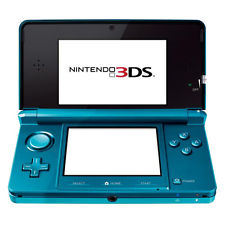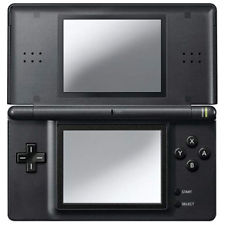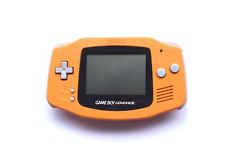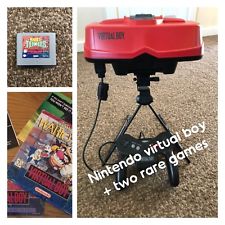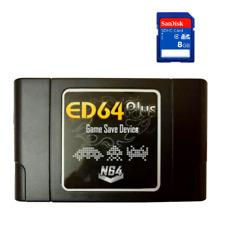Posted By: wraggster
 We’ve already published Nyamyam, Dakko Dakko, Red Thread and Knapnok’s thoughts on how working with Nintendo compares to Sony and Microsoft’s approach; but why bring your game to a struggling format in the first place?If there’s one thing that unites these four studios it’s a love of Nintendo’s philosophy. The platform holder has always been keen to portray itself as the game maker offering something a little different, and releasing games on Wii U might not appeal commercially for an indie studio, but it seems to satisfy a very particular creative urge. For some studios, playing around with the form and function of the medium through Nintendo’s unique tech scratches that itch, and the fact Nintendo’s games have shaped so many childhoods surely helps, too. There’s a little dream fulfilment at play in being able to say your studio has released a videogame on a Nintendo console, even if it is a struggling one.One studio already familiar with Nintendo’s idiosyncratic working practices is Nyamyam. Formed by ex-Rare developers Jennifer Schneidereit, Phil Tossell and Ryo Agarie in late 2010, its debut game Tengami will be released on iOS before arriving on Wii U. Nintendo approached Nyamyam at IndieCade last year about bringing the game to its home console.“In the back of our minds we had been thinking that the Wii U could work well with the game, but with such a small team we didn’t have time to pursue it further and we didn’t really know how to go about getting in touch with Nintendo,” says Nyamyam co-founder Phil Tossell.After IndieCade, discussions began. For years, Nintendo had required studios to have a dedicated office in order to become a certified developer, but once that stumbling block was removed, Nyamyam was quickly confirmed as an official Wii U developer and received devkits in the same week. “From the time I’d worked at Rare I had a good understanding of how things were typically done at Nintendo,” continues Tossell. “They were always incredibly secretive, which is in part where Rare developed its secretive culture as well. Given those past experiences, I’ve been pleasantly surprised with how much more approachable and open Nintendo have been.“We made it clear that it was important to us that we would be able to self-publish and they were fine with this. Publicly Nintendo are not as good at demonstrating the support that they give to indies as Sony are, for example. However behind the scenes the support they are giving us is great.”
We’ve already published Nyamyam, Dakko Dakko, Red Thread and Knapnok’s thoughts on how working with Nintendo compares to Sony and Microsoft’s approach; but why bring your game to a struggling format in the first place?If there’s one thing that unites these four studios it’s a love of Nintendo’s philosophy. The platform holder has always been keen to portray itself as the game maker offering something a little different, and releasing games on Wii U might not appeal commercially for an indie studio, but it seems to satisfy a very particular creative urge. For some studios, playing around with the form and function of the medium through Nintendo’s unique tech scratches that itch, and the fact Nintendo’s games have shaped so many childhoods surely helps, too. There’s a little dream fulfilment at play in being able to say your studio has released a videogame on a Nintendo console, even if it is a struggling one.One studio already familiar with Nintendo’s idiosyncratic working practices is Nyamyam. Formed by ex-Rare developers Jennifer Schneidereit, Phil Tossell and Ryo Agarie in late 2010, its debut game Tengami will be released on iOS before arriving on Wii U. Nintendo approached Nyamyam at IndieCade last year about bringing the game to its home console.“In the back of our minds we had been thinking that the Wii U could work well with the game, but with such a small team we didn’t have time to pursue it further and we didn’t really know how to go about getting in touch with Nintendo,” says Nyamyam co-founder Phil Tossell.After IndieCade, discussions began. For years, Nintendo had required studios to have a dedicated office in order to become a certified developer, but once that stumbling block was removed, Nyamyam was quickly confirmed as an official Wii U developer and received devkits in the same week. “From the time I’d worked at Rare I had a good understanding of how things were typically done at Nintendo,” continues Tossell. “They were always incredibly secretive, which is in part where Rare developed its secretive culture as well. Given those past experiences, I’ve been pleasantly surprised with how much more approachable and open Nintendo have been.“We made it clear that it was important to us that we would be able to self-publish and they were fine with this. Publicly Nintendo are not as good at demonstrating the support that they give to indies as Sony are, for example. However behind the scenes the support they are giving us is great.”
http://www.edge-online.com/features/...han-you-think/
 NES
NES






